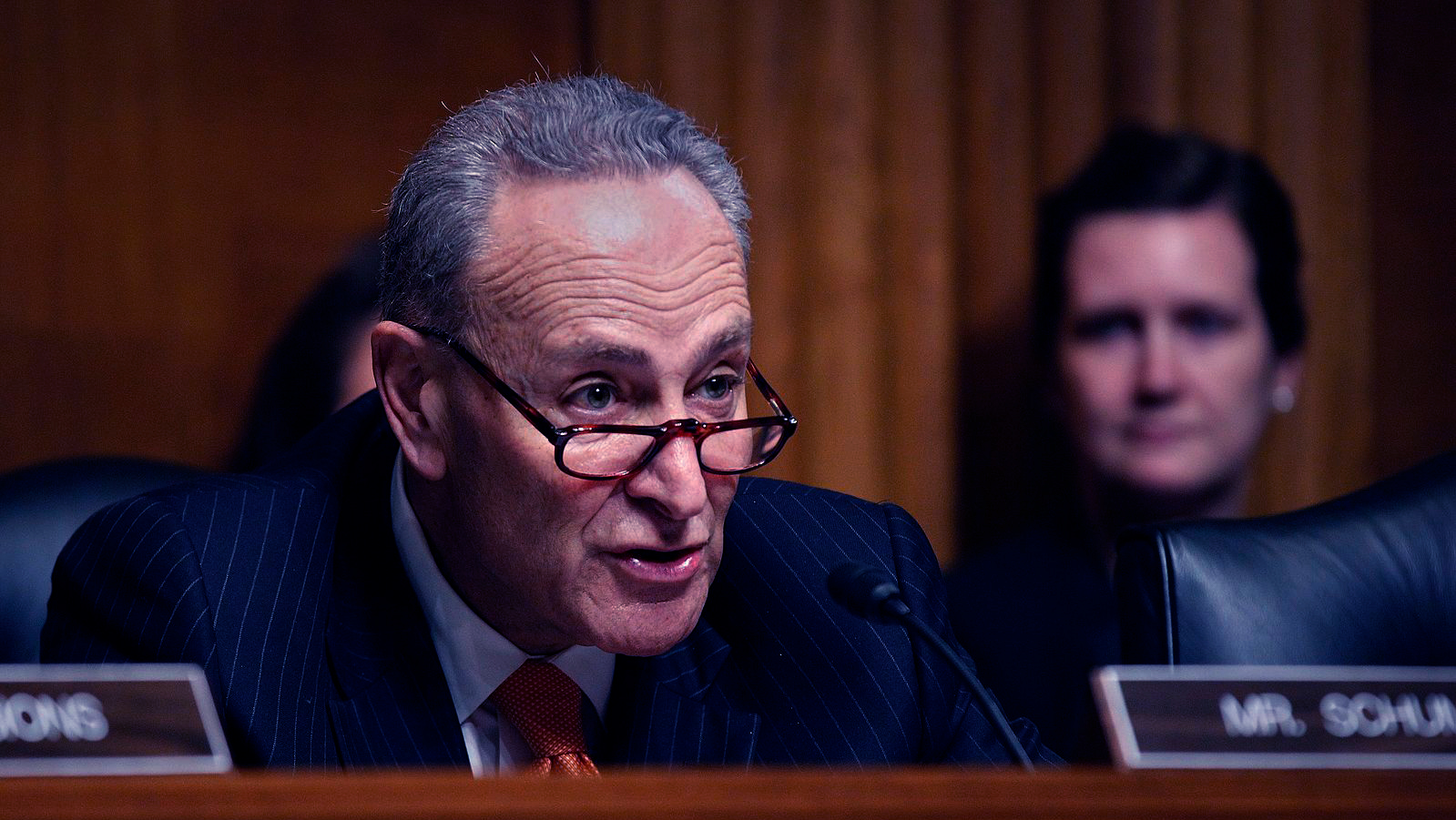Senate Minority Leader Chuck Schumer made headlines this week for urging New York State Legislators to support the state’s Climate and Community Protection Act (CCPA). Schumer, one of the most powerful Democrats in the country, sent a detailed letter on Wednesday to each state Assembly Member and Senator endorsing the legislation. He described the CCPA as “the most robust climate policy package” in the country, and urged New York State to take a leadership role in tackling climate change.
The Bill
The CCPA, firmly backed by a diverse New York Renews coalition, mandates that:
- 50% of the state’s electricity comes from clean, renewable energy by 2030
- 100% of human-induced pollution is eliminated by 2050
- 40% of clean energy funds are reinvested in disadvantaged communities
This last bit is critical to the NY Renews coalition, which has prioritized equity and is comprised of more than 170 labor, community, environmental, faith, and justice organizations.
“The CCPA is a climate/jobs/justice bill with very strong equity provisions,” said Marc Weiss, member of New York Renews steering committee. “Our estimate is that it would generate something like 150,000 jobs over the next 10 years.”
Schumer also reiterated the importance of investing in disadvantaged communities. “We must also keep sight that communities that have faced historic discrimination, often times low-income communities and communities of color, often bear too much of the burden of industrial pollution and can also be at a greater risk to climate change impacts,” he wrote in his letter.
Next Steps
This year, the CCPA was introduced by Sen. Todd Kaminsky in the Senate (S 2992) and Assembly Member Steve Englebright (A 3876) in the House. The bill has gained widespread support among Democratic legislators. The Senate version currently has 37 co-sponsors (out of 63 members), and the Assembly bill has 66. Assembly Speaker Carl Heastie and Senate Majority Leader Andrea Stweart-Cousins have both endorsed the legislation.
The state Assembly has passed the bill in each of the last three years, but a previously-Republican Senate never took a vote on the legislation. Now, with a Democratic majority in both the House (107-43) and Senate (40-23), the bill has momentum in both chambers. The Senate will likely propose some changes to the CCPA based on five February hearings on the legislation.
However, gaining the support of Governor Andrew Cuomo (D) will be critical. The self-proclaimed climate champion has not endorsed the CCPA. Instead, he’s introduced his own plan for addressing climate change, calling for a “carbon free” electric system by 2040 and for the formation of a council that would assess the viable timeline for achieving zero emissions economy wide.
“We are 99 percent optimistic that something called the CCPA will pass this year,” Weiss said. “The question is: will it be as strong as what we’ve proposed?”
Once the CCPA is enacted, the NY Renews coalition will shift their energy toward the Climate and Community Investment Act (CCIA), which imposes a $35 per ton fee on both GHG and local pollutants that increases to $75 over ten years, and invests generated revenue in the following:
- 33% in renewable energy projects benefiting disadvantaged communities
- 30% in large-scale emission reduction projects
- 30% in tax credits and rebates for low and middle-income residents
- 7% in aid to displaced fossil fuel workers and communities impacted by loss of local industries
For now, however, the CCIA has taken a backseat while the Senate, Assembly and Governor discuss the CCPA.
“Passage of the CCPA would position New York to lead the national debate on how we can tackle climate change,” Schumer said. “If we rise to the climate challenge, we can create tens of thousands of good, clean energy jobs, while we protect vulnerable communities – and secure a viable future for those who will come after us.”
Compromises will likely have to be made, but Schumer’s endorsement has helped propel the CCPA to the forefront of New York’s legislative conversation.









